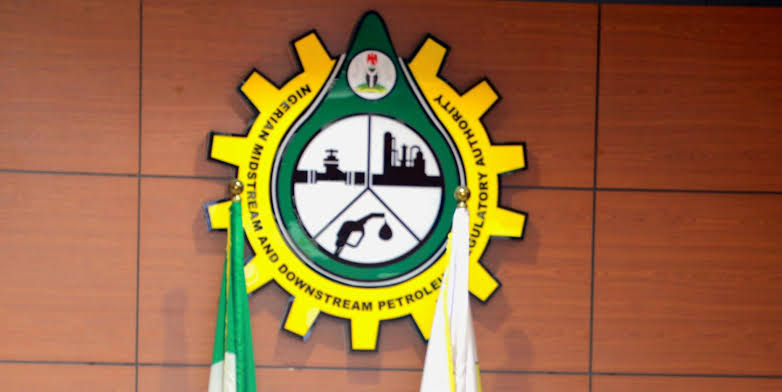The Nigerian Midstream and Downstream Petroleum Regulatory Authority (NMDPRA), on Wednesday in Abuja, kicked off a two-day performance review session with companies currently holding gas distribution licences.
A statement by the operator said the review is held in compliance with the provisions of the Petroleum Industry Act (PIA).
The PIA mandates the regulator review to ensure and monitor performance parameters of the industry and the quality of service provided by licensed operators.
According to NMDPRA, the review focused on regulatory compliance, operational efficiency and Health, Safety, Environment, and Compliance (HSE&C) standards of the licensed gas distribution activities.
The development comes as Nigeria grapples with low power generation, and the Federal Government is looking to ramp up gas production and usage in the country.
President of the Dangote Group, Alhaji Aliko Dangote, recently said there was no justification for Nigeria’s low power generation output, arguing that if his conglomerate alone can produce over 1,500 megawatts for internal use, the country should be generating far more.
Dangote made the remarks during a recent tour of the Dangote Refinery in Lagos, where he highlighted the company’s expanding energy footprint and called for deeper private sector involvement in power generation.
According to him, Nigeria should not be grappling with 4,500 to 5,000 MW of electricity; instead, it should generate up to 60,000 MW.
“We as a company alone are producing, group-wide for our consumption, over 1,500 MW.
“So, Nigeria should not be three times what we are producing as a country. Nigeria should be at about 50,000 MW to 60,000 MW,” Dangote said.
Nigeria currently generates about 5,000MW of electricity for its over 200 million population.
Dangote described what had been achieved at the refinery as proof that large-scale industrial projects were possible in Nigeria, including in the power sector.
“What we have done here just shows that there’s nothing impossible. All this can be replicated in our power sector. There’s no reason why Nigeria should be doing 5,000 MW,” he said.
The business mogul noted that building the refinery was more difficult than raising Nigeria’s power to 30,000 MW.
He added that building the country’s power infrastructure was not the exclusive responsibility of the government, pointing out that significant private sector participation was both necessary and achievable.
“What we have actually done here is much more difficult than making Nigeria 25,000 or 30,000 megawatts of power, with transmission and distribution. But it’s not the work of government alone,” he said.
